Are you retirement ready? Planning for the next chapter
Retirement often conjures up images of afternoons on a golf course or adventures in a motorhome, of growing your own vegetables or spending quality time with the grandkids.
In order to have the retirement you’ve always dreamed of, it’s important to plan ahead. Here are some key considerations.
When do you plan to retire?
Deciding when to retire depends on several factors, including:
- How much money you will need for retirement
- Government support options available to you
- Whether you want to be debt-free
- Your health
- Your relationship status.
Your financial situation
How much money you will need for retirement depends on your lifestyle. Setting a retirement budget is the most practical way of figuring out the amount that’s right for you.
When coming up with your budget, include things like holidays, social events, and gifts. Add your figures to your living necessities and use this as your financial-needs guide.
Superannuation
In Australia, super can be accessed from the age of 55. Using the budget you mapped out, ask yourself how you will use your super to supplement your savings and investments.
If you’re concerned that your projected super balance may not be enough to enjoy the retirement lifestyle you would like, consider ways to increase your contributions while still working.
Salary sacrifice – Are you able to put extra money into your super from your pre-tax salary? Salary sacrifice contributions are taxed at 15 percent, which is generally less than your marginal tax rate.
Personal contributions – Making additional contributions to your super using your after-tax income not only boosts your superannuation, you may also be able to claim deductions for personal super contributions.
Contribution caps – Understand what caps apply to various types of contributions, as extra tax may apply when exceeding them. Check the Australian Taxation Office (ATO) website to find out the current contribution caps, so you can contribute tax-effectively.
If your superannuation or other investments has been affected by Donald Trump’s tariff announcements and the associated market instability, it may be worth speaking to a financial planner about the best strategy moving forward. Australian superannuation members were recently warned they would need to put up with volatility in asset values in the months ahead.
Government support options
When you retire, you may be eligible for government benefits such as the Age Pension, concession card, government loans, healthcare benefits, tax offsets and low-cost banking.
Your age, assets and income will affect the benefits you’re entitled to. See the Moneysmart website for more information.
Current and future debts
Research has found that 28 per cent of Australians approaching retirement (aged 50 to 64) still have a mortgage, while 14 per cent of retirees still carry mortgage debt. Optimally, it’s usually a good idea to aim to retire debt-free.
If you still have a mortgage, credit card debt, car or personal loans, it’s worth paying off as much of your debt as possible while you’re still working, so that you don’t have to draw down on your retirement savings.
Mortgage repayments are by far the largest line item on many budgets. There may be steps you can take, however, to reduce the amount you owe while still living comfortably. Can you downsize, for example, or refinance to pay down your loan faster? Chat to us for clarification.
Need finance?
In some cases, people may need finance to help them achieve their retirement goals. Perhaps you need to renovate your home to make it retirement ready, for example? Or maybe you’ve recently divorced and you need to re-establish yourself?
As you approach 60, it can be increasingly difficult to obtain finance from traditional providers, but there may be options available to you. A popular option is a reverse mortgage, which allows older homeowners to borrow money against the equity in their property. There is risk involved, so it’s important to speak to a financial planner before deciding whether a reverse mortgage is right for you.
With the right planning, retirement can be a wonderful, stress-free time of life. Get in touch to review your current mortgage or refinance.



